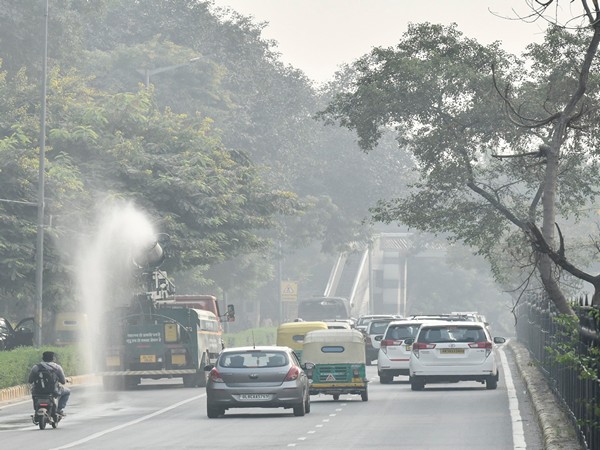Delhi-NCR Faces Air Quality Crisis; Railway Board Implements Staggered Work Hours
Amid escalating air pollution levels in Delhi-NCR, the Railway Board has introduced staggered work hours for employees, following a government directive. Carpooling is encouraged. With air quality hitting severe levels, measures aim to maintain productivity and efficiency while addressing the environmental health crisis.

- Country:
- India
The Railway Board has announced new staggered work hours for its employees in the Delhi-NCR area due to deteriorating air quality, in alignment with a directive from the Central Government. Employees are also encouraged to carpool when opting for personal vehicles to help reduce emissions.
The Board, implementing measures under stage 4 of the Graded Action Response Plan (GRAP), will operate with alternative work hours from 9 AM to 5:30 PM and 10 AM to 6:30 PM. This decision comes in response to advisories from the Department of Personnel and Training (DoP&T) owing to the hazardous air quality levels recorded in the region.
Assistant Managers, Principal Executive Directors, and Executive Directors have been advised to adapt these measures according to their operational needs, ensuring no adverse impact on efficiency and productivity. The air quality index in the capital was categorized as 'severe plus,' with levels recorded at 488 recently, highlighting the urgent need for intervention.
Despite the implementation of these measures, several parts of Delhi remain in the 'severe' air quality category, with locations like Anand Vihar, Bawana, Mundka, and Wazirpur showing AQI levels over 400. The hazardous pollution levels have also impacted daily life, with fewer people venturing out for morning walks, and schools switching to online classes.
Leader of Opposition in the Lok Sabha, Rahul Gandhi, described the surging air pollution in northern India as a 'national emergency.' Through social media, Gandhi emphasized that the crisis is a public health emergency, affecting the region severely, especially impacting children and the elderly.
(With inputs from agencies.)










